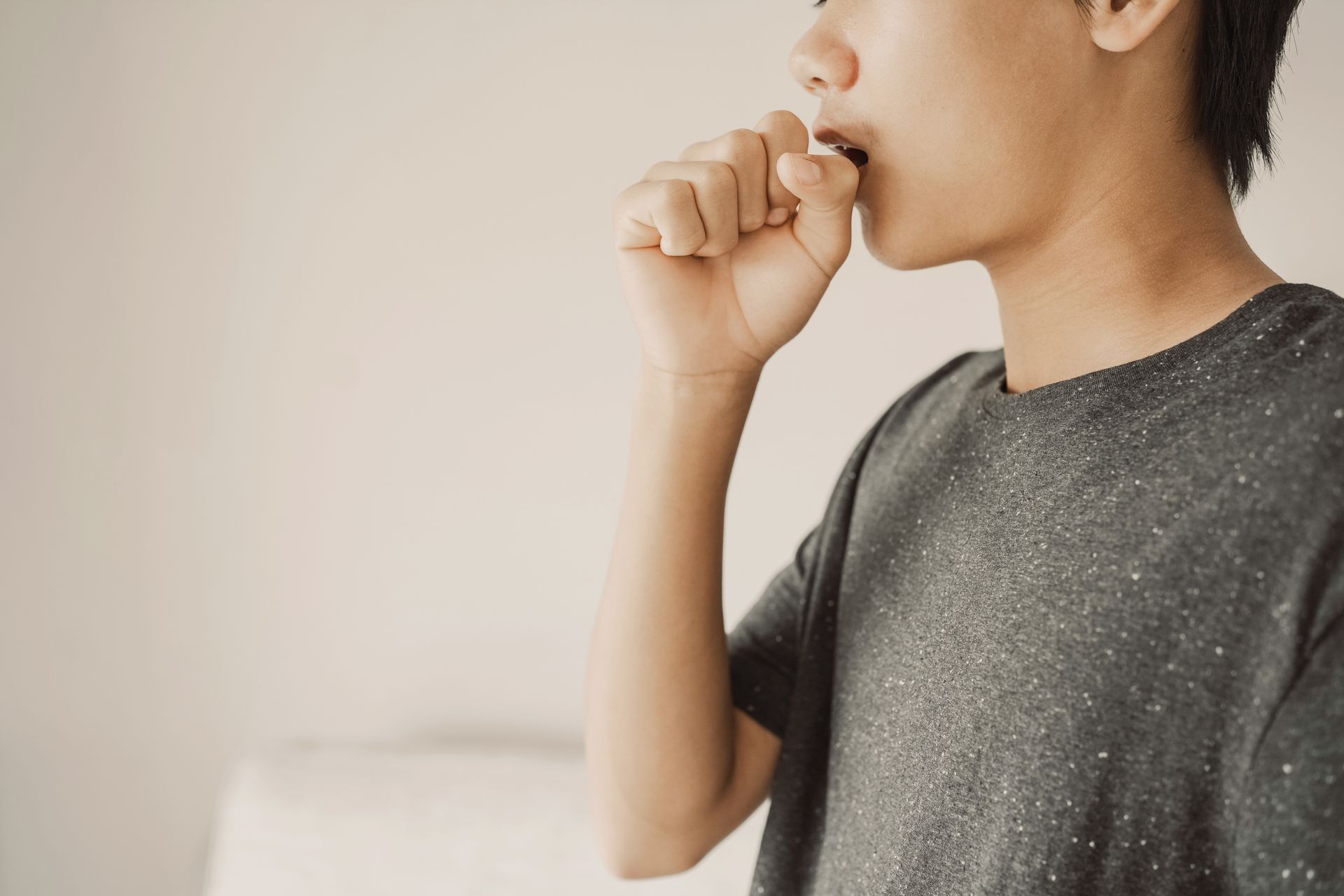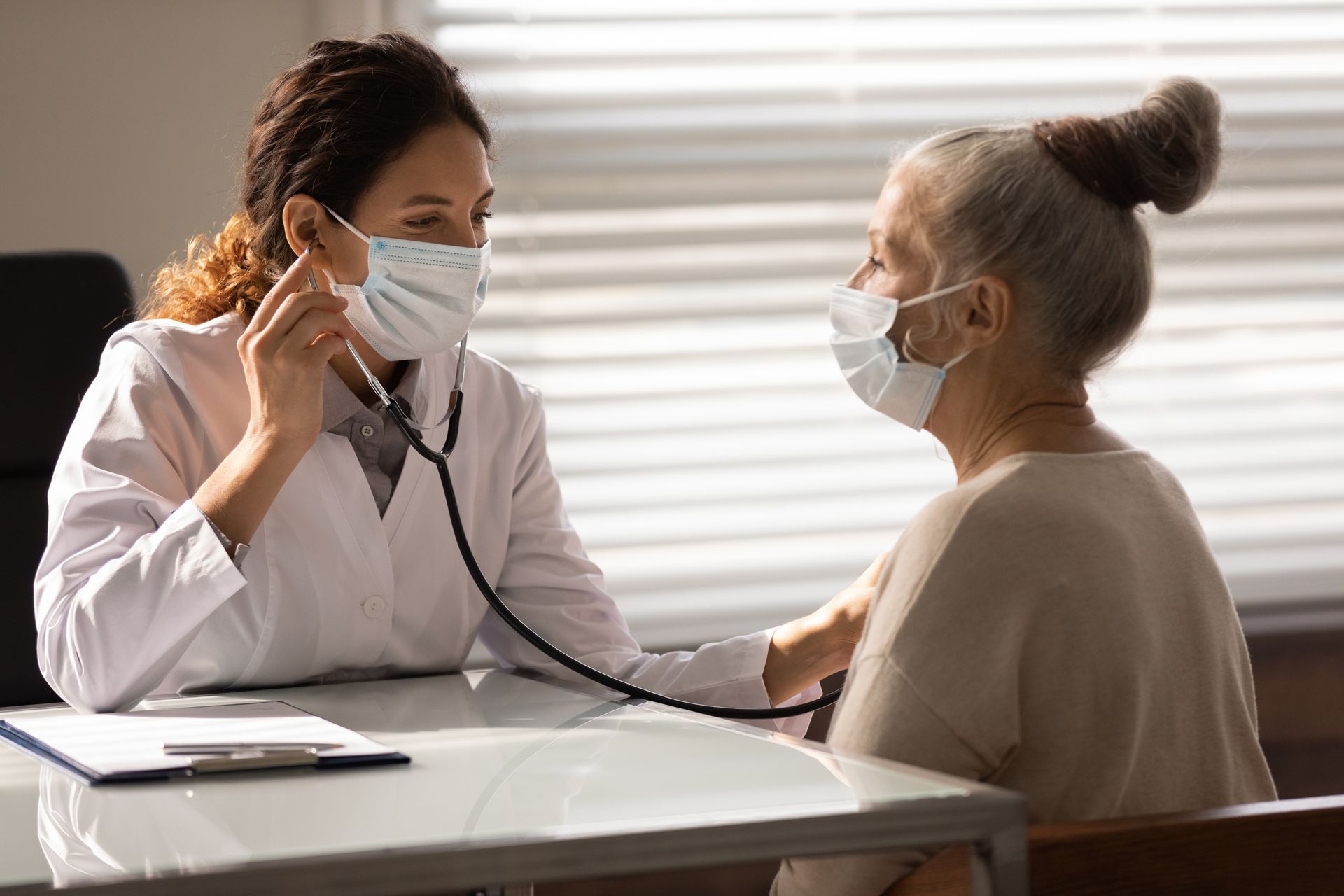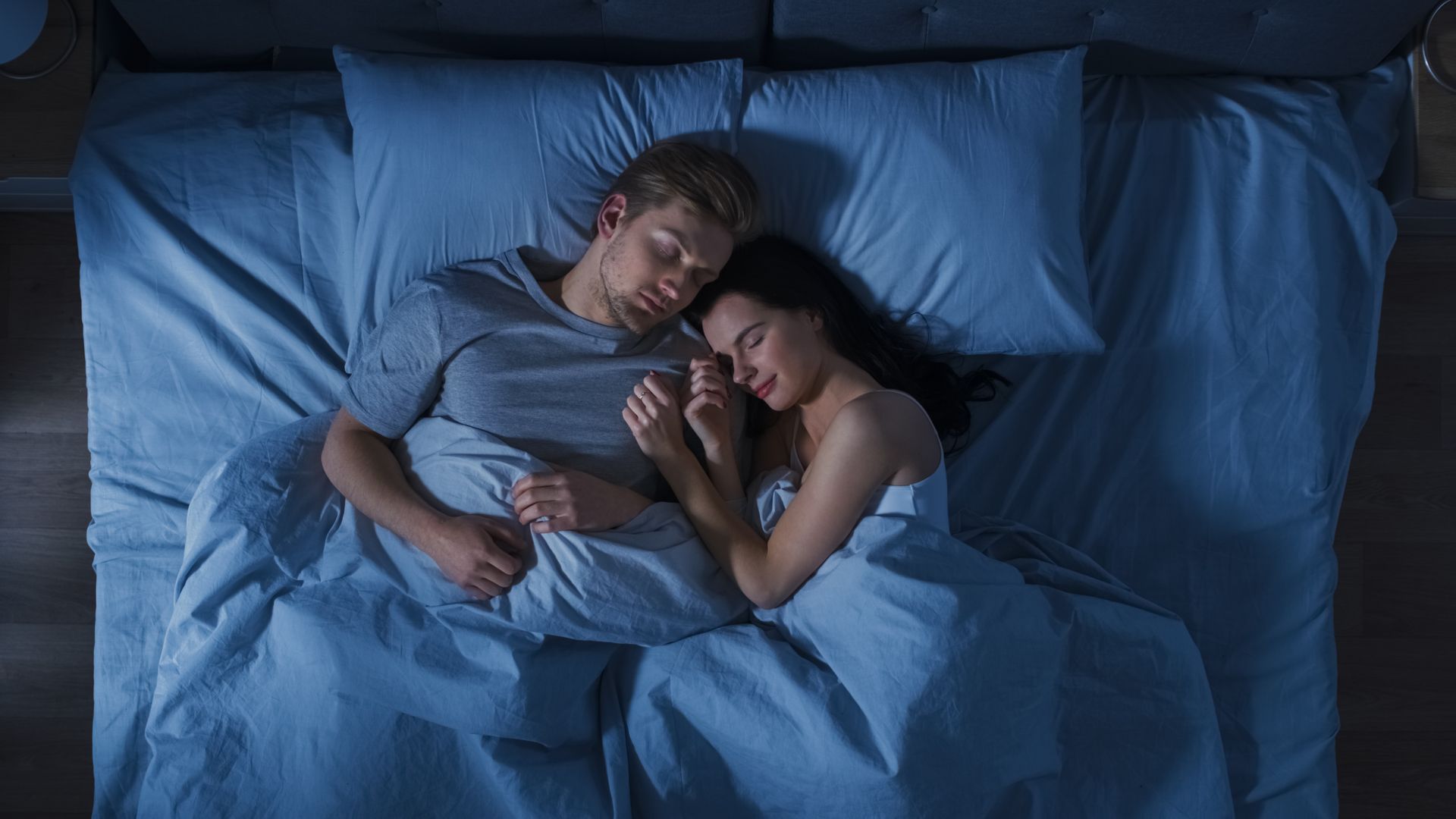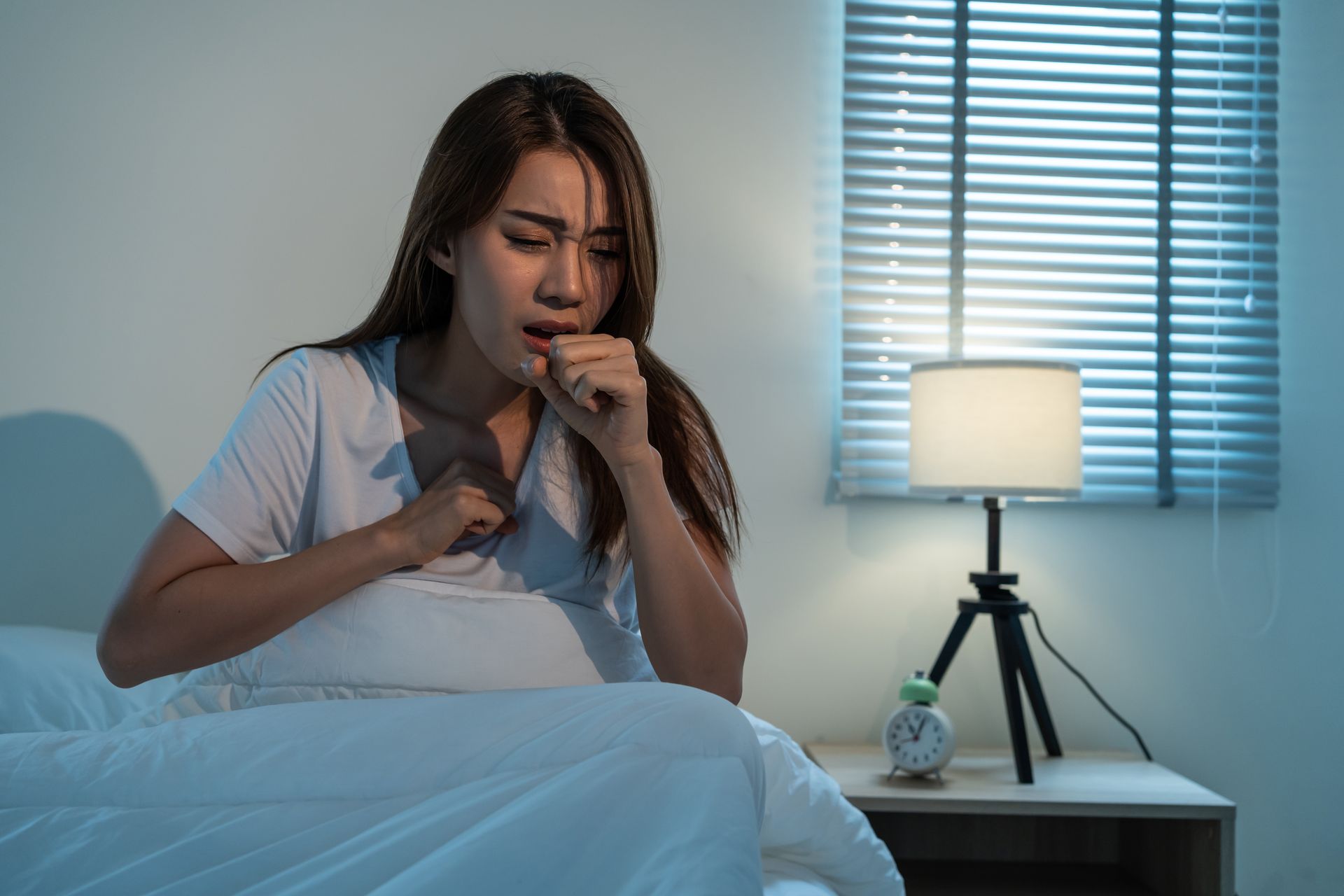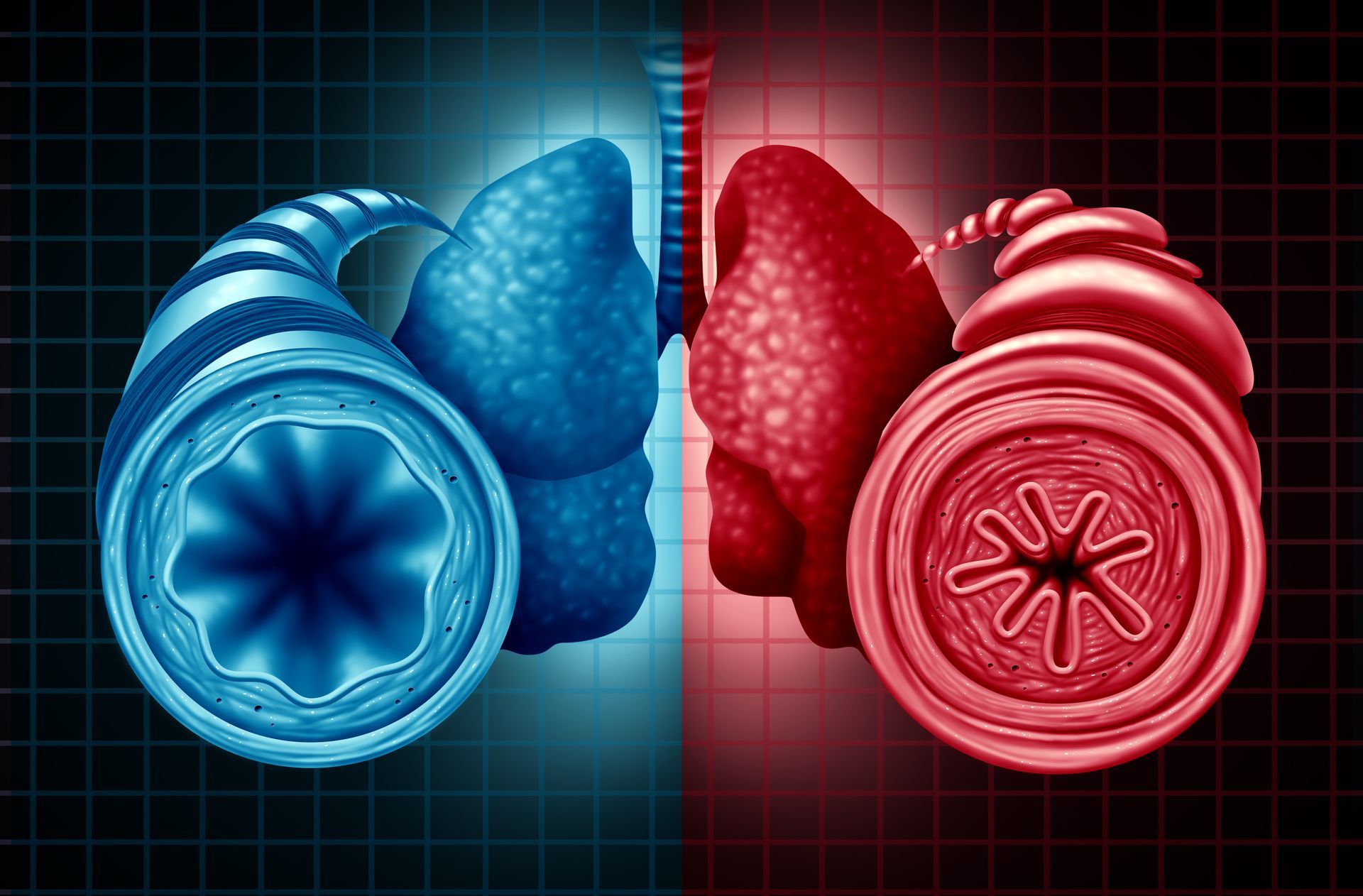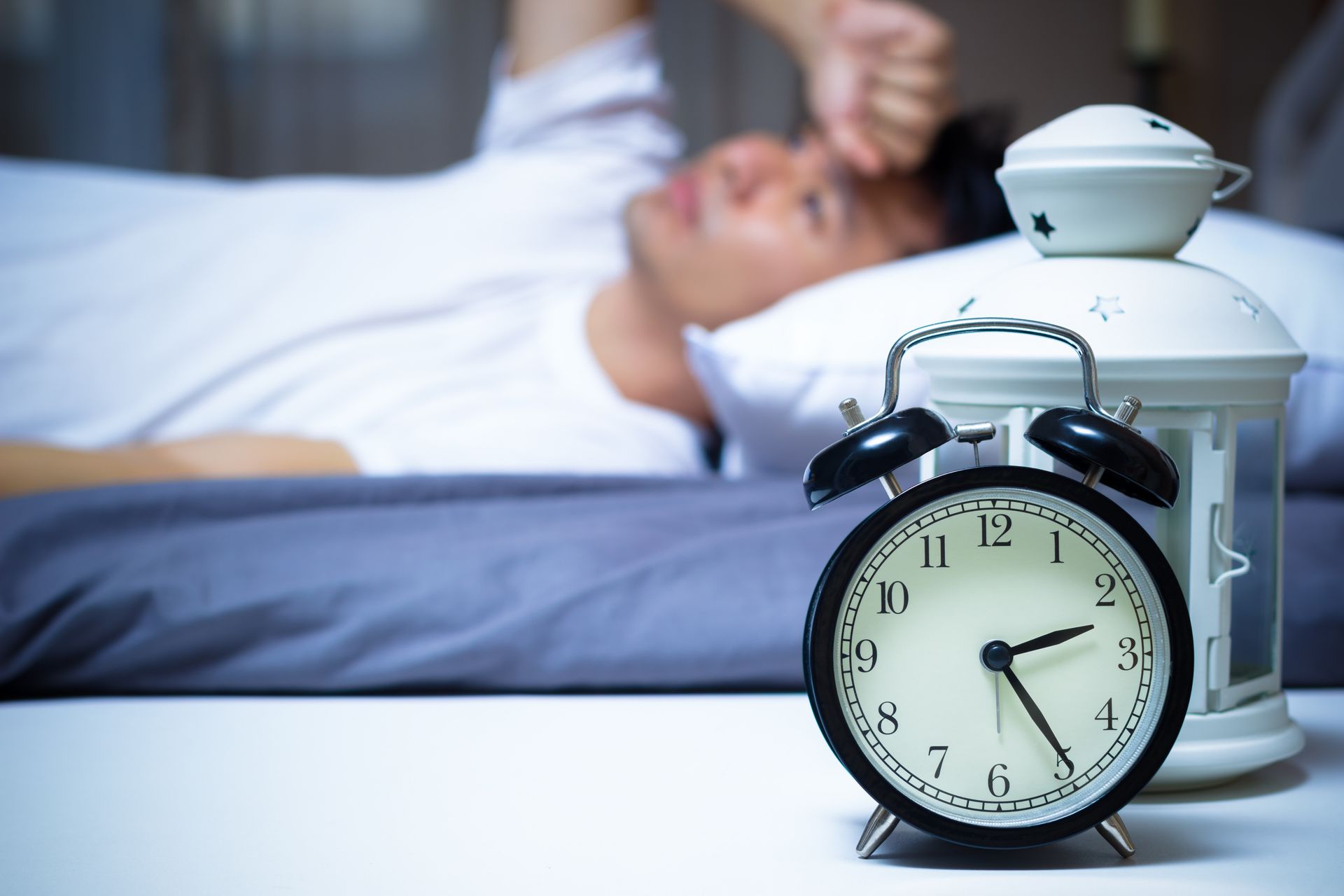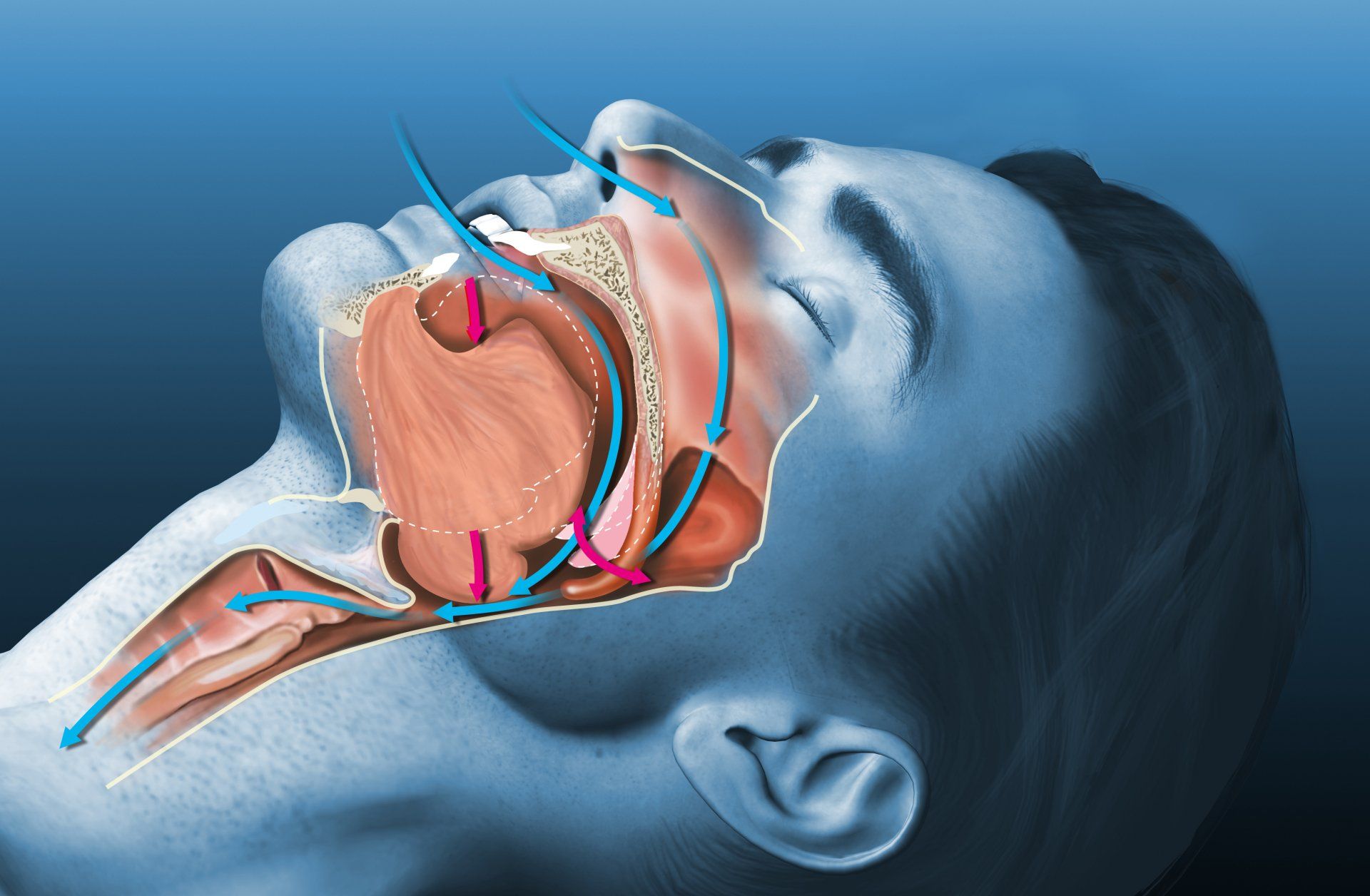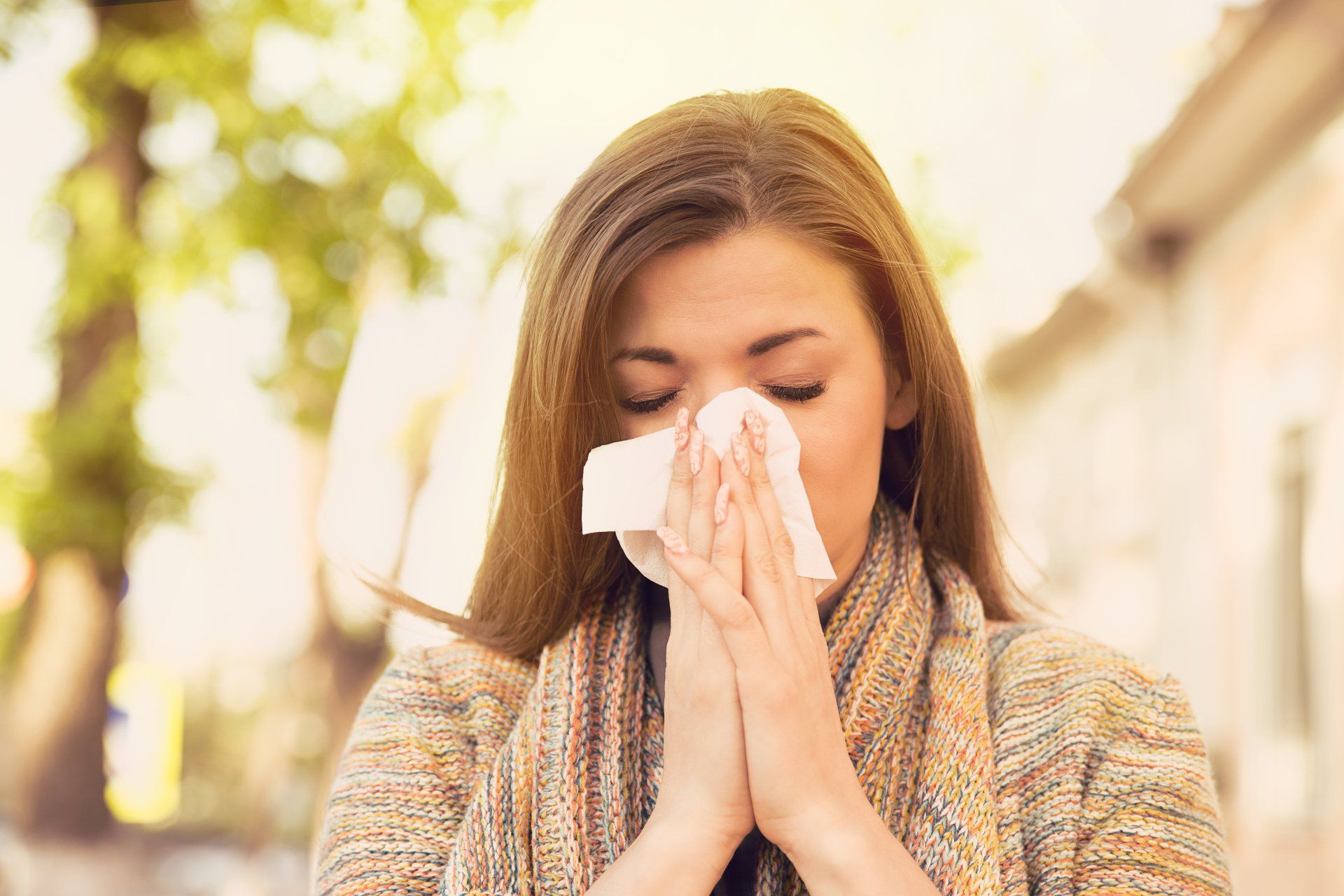Different Types Of Sleep Apnoea
Sleep apnoea (also spelled as sleep apnea) is a common sleep disorder that is characterised by disruptions to a person’s breathing during their sleep.
The disruptions in breathing can last from barely a few seconds and up to 90 seconds. These disruptions, known as apnoeas, can recur many times a night. The person suffering from sleep apnoea will often wake up briefly as well. Sleep apnoea severity can range from mild to severe, where a patient's sleep can be interrupted hundreds of times per night. Often, the patient is unaware of these apnoeas, but will experience exhaustion and prolonged tiredness throughout the following day.
In this article, we'll explore the different causes, types, symptoms and treatments of sleep apnoea and how you can find a sleep clinic or sleep specialist in Singapore if you suspect yourself or a family member to be suffering from sleep apnoea.
The Common Causes Of Sleep Apnoea
While sleep apnoea can affect anyone, the most common mechanisms of sleep apnoea are usually:
- Weakness in throat muscles that causes the tongue or throat to relax excessively whilst sleeping
- Obesity that cause fat to accumulate around the throat, causing airway blockage
- Obstruction in the nasal passageway or nasal congestion
- Relaxants such as alcohol or drugs that cause the throat muscles to relax excessively as well
- Sleeping on one's back that results in tongue dropping to the back of the mouth
- Side effect from medications such as sleeping tablets
- Age, where middle-aged individuals have narrower throats and weakened muscles around the throat
- Pregnancy
- Swollen adenoids or tonsils, especially in children
- History of sleep apnoea in the family
The Three Different Types Of Sleep Apnoea
1. Obstructive Sleep Apnoea (OSA)
OSA is recognised as the most common sleep apnoea in Singapore. It is a sleep disorder that happens when the soft palate tissue at the back of the throat relaxes during sleep. This narrows or blocks the airway, causing OSA patients to snore loudly and gasp occasionally as an involuntary attempt to maintain airflow.
2. Central Sleep Apnoea (CSA)
On the other hand, CSA is a sleep disorder that involves the central nervous system. The disruptions or interruptions to a patient's airflow occur due to the brain incorrectly signalling the muscles that control breathing.
3. Complex or Mixed Sleep Apnoea
Lastly, Complex Sleep Apnoea (also known as Mixed Sleep Apnoea) combines the characteristics of both OSA and CSA, where breathing disruptions throughout a patient's sleep is caused by both the incorrect functioning of the central nervous system and the physical blockage of the airway via tongue or throat.
Why Is Sleep Apnoea Dangerous To Your Health?
Apart from a significant increase in the feeling of tiredness and lethargy, sleep apnoea, regardless of its type, often leads to numerous health problems that are beyond sleeping.
In fact, patients with sleep apnoea have higher risks of developing:
- Cardiovascular diseases
- Stroke
- Diabetes
- Increasingly poor memory
- Inability to concentrate
- Headaches and migraines
- Moodiness, depression and personality changes
- Low libido or impotence in men
It should be noted that patients who experience excessive daytime sleepiness and have an existing history of cardiovascular diseases or stroke should seek immediate attention to evaluate for possible sleep apnoea.
In addition, due to daytime sleepiness, patients with untreated sleep apnoea are often at higher risk to be involved in motor vehicle and workplace accidents.
How Is Obstructive Sleep Apnoea Treated?
Patients with a mild level of sleep apnoea (especially OSA) can often see improvements in their quality of sleep and treating OSA with lifestyle adjustments, such as by losing weight safely, reducing alcohol intake as well as adjusting their sleeping position.
However, for patients with severe OSA, additional treatment options are recommended. The most commonly used treatment for moderate to severe OSA is a Continuous Positive Airway Pressure (CPAP) machine. CPAP machines work by utilising a small, quiet air pump that redirects air from the surrounding and delivers it via gentle pressure to a mask that covers the patient's nose and/or mouth. This is an effective solution to keep the patient's upper airway open during the night and stopping snoring.
While it does take a while for patients to get used to a CPAP machine, most patients will eventually find that their sleep is refreshed from using CPAP, and daytime symptoms are significantly reduced.
For those who find that CPAP and oral appliances have not worked to resolve their sleep apnoea, there are several surgical operations available. It is best to consult a sleep clinic or sleep specialist to discuss the most appropriate treatment option.
Do you suspect yourself or your family member of having sleep apnoea? Get specialist care at Respiratory Medical Associates
Respiratory Medical Associates is an established specialist group that is recognised as one of Singapore's leading experts in the diagnosis and treatment of sleep disorders, including the various types of sleep apnoea.
In addition, we also treat chronic disorders such as asthma, chronic obstructive pulmonary disease (a lung disease caused by smoking), lung fibrosis as well as food and drug allergy.
Enquire now at https://www.respmed-associates.sg/





